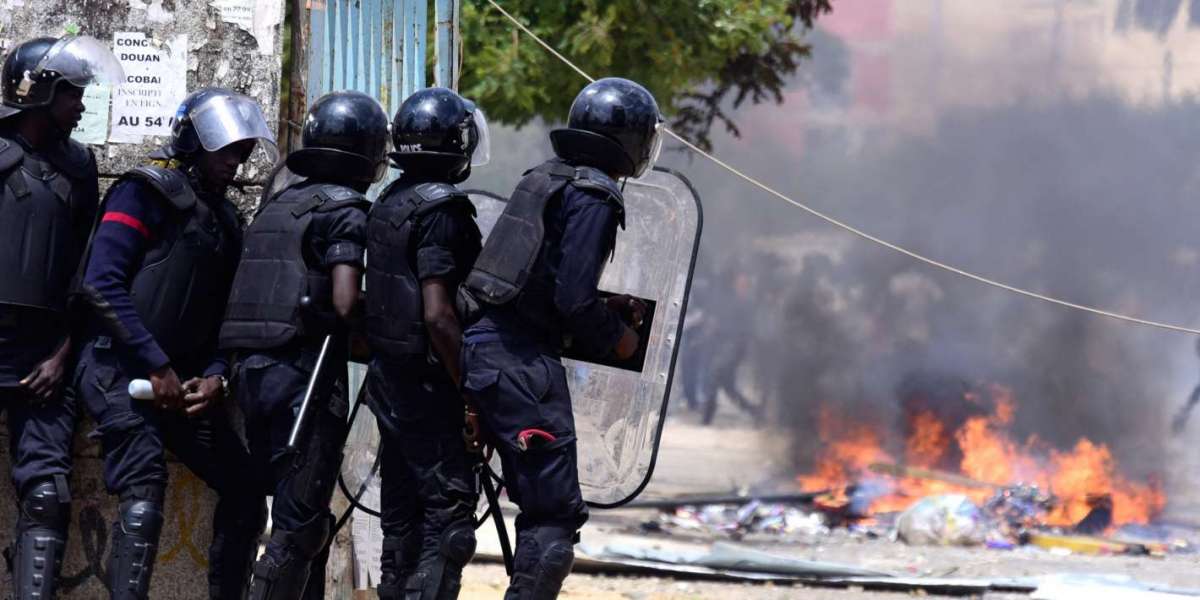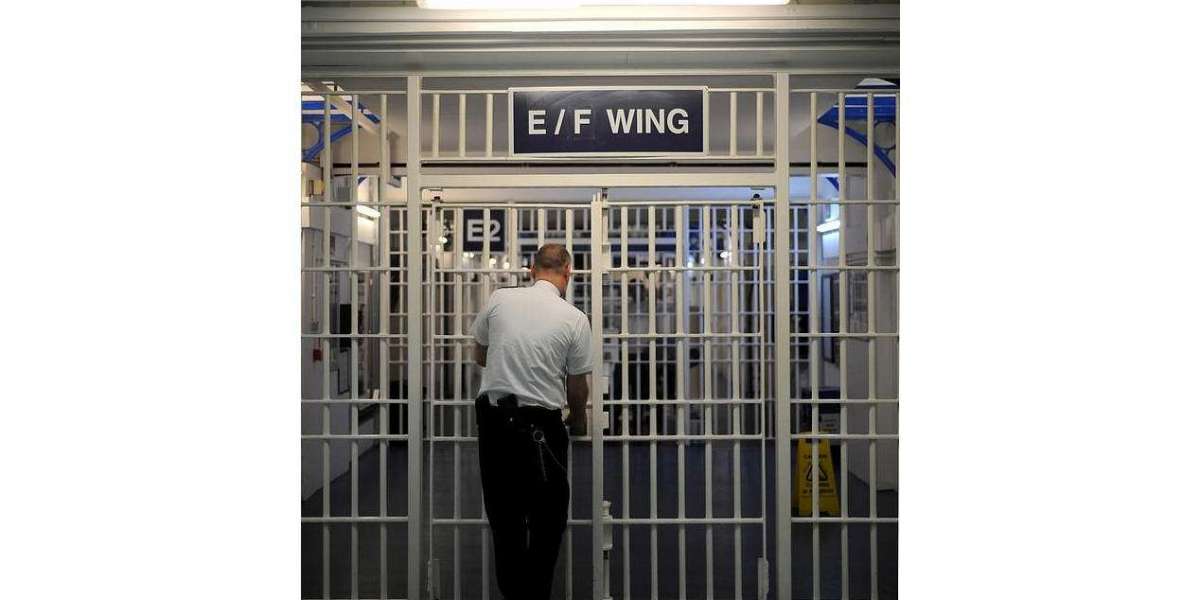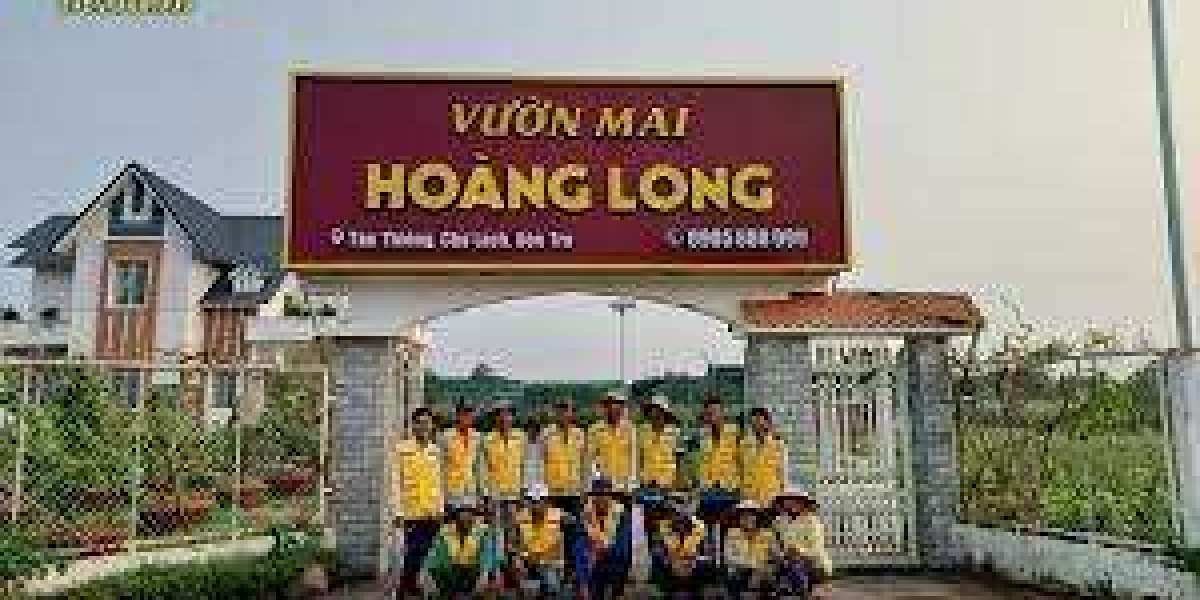In recent years, West Africa has witnessed a troubling trend: the lethal suppression of protests across nations such as Mali, Guinea, and Senegal. Demonstrators, particularly youth advocating for political change and social justice, face grave risks, including violent reprisals from law enforcement. Amnesty International highlights that such aggressive crackdowns are not a testament to a government’s strength but rather illustrate its profound insecurity and fragility.
The annual human rights reports are laden with accounts of violence, where protesters have been subjected to the indiscriminate use of live ammunition and tear gas. In many instances, law enforcement has gone so far as to use vehicles to actively harm protesters. The harrowing statistics reveal a grim reality; for example, Senegal recorded at least 65 fatalities between March 2021 and March 2024 during anti-government protests. Similarly, Guinea's political unrest has resulted in the deaths of 113 individuals since 2019, while Sierra Leone's anti-government demonstrations in August 2022 claimed the lives of 27 protesters and six police officers. In Mali, protests against systemic issues from May to July 2020 left 18 dead. This pattern of violence extends beyond these nations, making it imperative that regional authorities acknowledge and address the misuse of force in public demonstrations.
Equally concerning is the context within which this violence transpires—a shrinking civic space characterized by an intensified crackdown on dissent. Governments in the region have adopted increasingly draconian measures to suppress opposition, such as suspending political party activities in Mali and Burkina Faso and banning protests in Guinea. Arbitrary detentions of activists and censorship of the media are rampant, fostering a climate where dissent is met with hostility, further encouraging the brutal actions of law enforcement.
Despite numerous pronouncements of investigations into these tragic events, justice remains elusive. Many of these inquiries do not lead to accountability, undermining public trust in the authorities. Recently, Senegal passed an amnesty law that effectively shields security forces from legal repercussions for violence since 2021. In Sierra Leone, reforms are suggested but fail to hold those responsible for excessive force accountable.
In sum, the violent treatment of protesters in West Africa underscores the gravity of the threats faced by those advocating for essential democratic principles. It reflects a broader struggle against governmental repression that bespeaks both a failure to uphold human rights and a profound state weakness, necessitating urgent attention from both local leaders and the international community.







